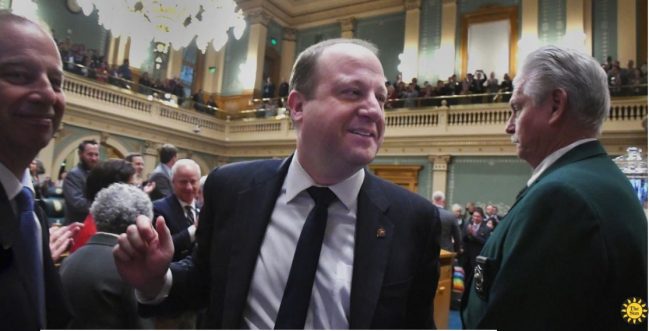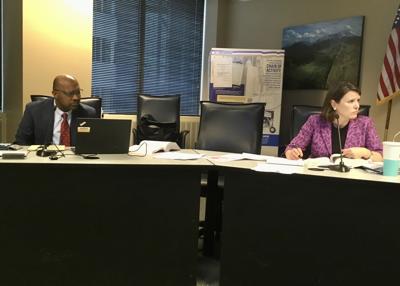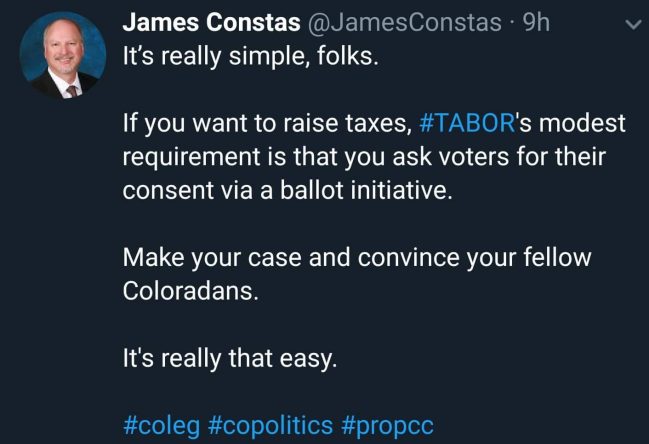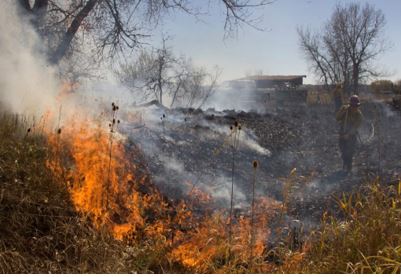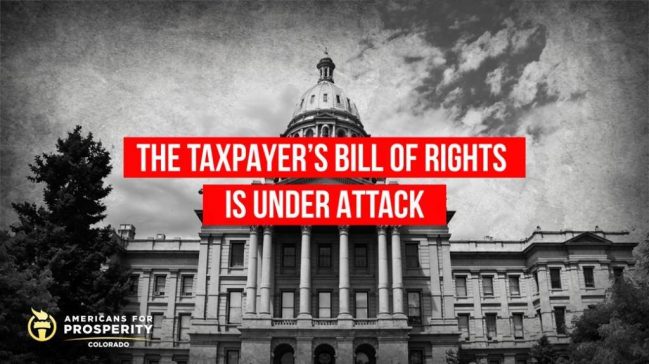The Joint Budget Committee will begin reviewing recommendations for spending cuts this week to rewrite the $30 billion state budget
The impact of the coronavirus pandemic on the $30 billion-plus state budget begins to take shape this week as lawmakers consider massive spending cuts.
How much tax revenue Colorado will lose to the paralyzed economy remains uncertain, but the governor’s budget office is projecting $3 billion in lost revenue for the current fiscal year and the next.
The General Assembly’s budget writers on Monday will start reviewing recommendations from legislative analysts for potential spending cuts across all government agencies. The documents are expected to include scenarios for slashing budgets as much as 20% and force legislators to make hard choices that will impact most Colorado families, according to drafts reviewed by The Colorado Sun.
